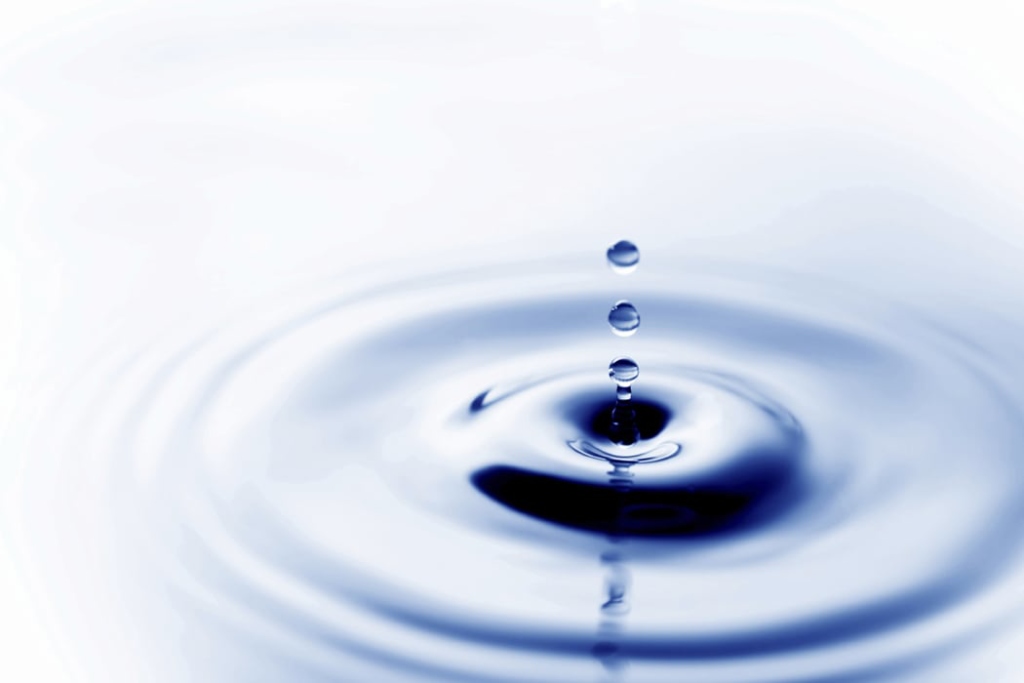
Many areas of the world are seeing record-breaking amounts of rainfall this summer. With these high concentrations of water come dangers of flooding. Be prepared for flooding with these tips from the The National Weather Service and Get Prepared.
Before a Flood
- Know flood-prone areas and avoid them when high concentrations of rain are possible.
- Know the best websites, radio stations and television stations to get local information if a flood is likely. Sign up for alerts on your smart phone to receive notifications of severe weather.
- Understand the difference between a flood watch (flooding is possible) and warning (flooding is occurring or will occur soon).
- Know what you will need in the event of an emergency and pack a bag of clothing, essentials and medication in case you need to evacuate.
- Have an emergency supply of food and water in your home in the event of an extended power outage, unsafe drinking water or impassable roadways that could strand you in your home for a day or two.
During a Flood
- Listen to news reports on whether the community’s water is safe to drink. During heavy flooding, water sources can become contaminated. Always have an emergency supply of water on hand.
- If you are encouraged to evacuate to higher ground, do so immediately. Do not “wait it out.”
- Turn off utilities at the main switch and disconnect appliances in areas of your home that could flood, like basements or the first floor.
- Do not attempt to walk or drive through moving water if at all possible. It only takes a few inches of water to make you fall or to move a car. If floodwaters surround your car, exit the car immediately and move to higher ground.
- If you must walk through moving water, use a stick to check the ground in front of you and keep your balance. Even roads and walkways where the water has receded could be weak and collapse under the weight of a car, person or even a pet.
- Do not touch electrical equipment if you are standing in water. Water may also be electrically charged due to fallen power lines, so pay close attention to your surrounding areas.
After a Flood
- Survey your property for water damage, weak areas of land and downed power lines or trees.
- Be sure to clean anything that came in contact with floodwaters thoroughly. Floodwaters can contain high levels of bacteria and potentially raw sewage.

